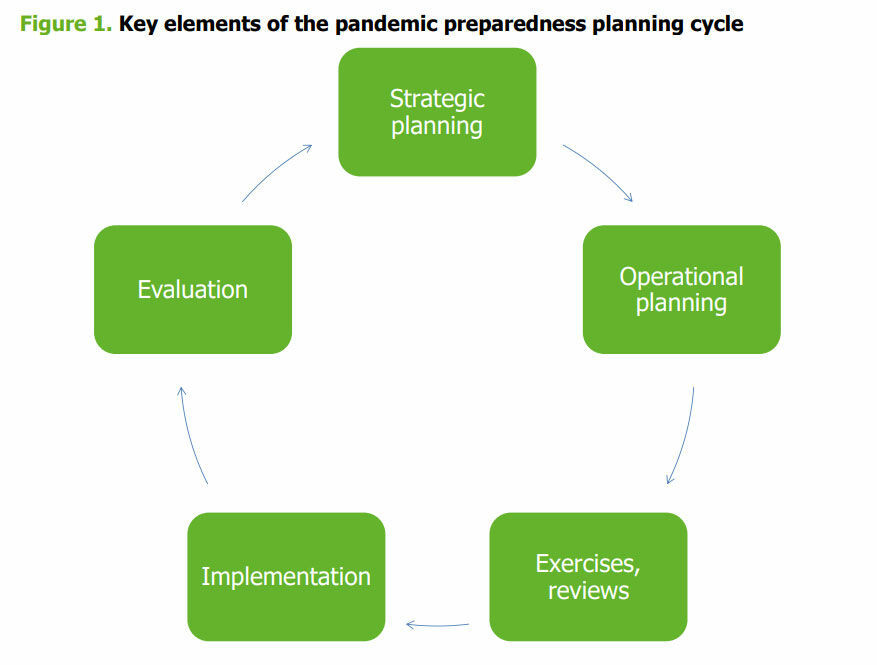
Understanding the Silent Struggle: Epidemic Impact on Mental Health
The profound effects of epidemics extend beyond the realm of physical health, significantly impacting mental well-being. This article delves into the nuanced ways in which epidemics can affect mental health, emphasizing the importance of recognizing and addressing these challenges.
Isolation and Loneliness: Unintended Consequences of Social Distancing
As social distancing measures become integral in epidemic control, the unintended consequence of isolation and loneliness emerges. The reduction in social interactions, limited face-to-face contact, and the absence of communal activities contribute to a sense of isolation, fostering feelings of loneliness and detachment from support networks.
Heightened Anxiety and Uncertainty: Navigating the Unknown
Epidemics bring with them a pervasive sense of uncertainty and anxiety. Fear of infection, worries about the health of oneself and loved ones, and uncertainty about the future contribute to heightened stress levels. Navigating the unknown aspects of an epidemic can significantly impact mental health, leading to increased anxiety and emotional distress.
Economic Strain and Mental Health: The Interconnected Impact
The economic fallout of epidemics can amplify mental health challenges. Job losses, financial instability, and economic uncertainty create additional stressors. The interconnected impact of economic strain and mental health underscores the need for holistic support systems that address both the immediate health crisis and the broader socio-economic implications.
Grief and Loss: Coping with Personal and Collective Trauma
Epidemics often bring forth grief and loss on personal and collective levels. The loss of loved ones, disruptions to daily life, and the collective trauma experienced by communities contribute to a complex landscape of mourning. Acknowledging and addressing the grieving process is crucial in supporting mental health during and after epidemics.
Overburdened Healthcare Systems: Strain on Mental Health Professionals
The immense pressure on healthcare systems during epidemics has a ripple effect on mental health professionals. Dealing with high caseloads, witnessing the suffering of patients, and navigating resource shortages can lead to burnout and mental health challenges among those on the front lines. Supporting healthcare professionals’ mental well-being is essential for sustaining epidemic response efforts.
Stigma and Discrimination: A Barrier to Seeking Support
Epidemics often come with stigmatization of affected individuals or communities. Fear-driven prejudices and discrimination can deter people from seeking mental health support. Breaking down stigma is crucial in creating an environment where individuals feel comfortable reaching out for help without fear of judgment or discrimination.
Disruption to Routine Care: Challenges in Accessing Mental Health Services
The disruption caused by epidemics can extend to routine mental health care, creating challenges for those who rely on consistent therapy or medication. Limited access to mental health services exacerbates existing conditions and poses challenges for individuals seeking professional support. Adapting and expanding mental health services during epidemics is essential.
Community Support and Resilience: Building a Collective Defense
Despite the challenges, communities often come together to provide support and foster resilience. Initiatives that promote community connectedness, peer support, and mental health awareness play a vital role in mitigating the impact of epidemics on mental well-being. Building a collective defense involves acknowledging and addressing mental health as an integral component of community resilience.
Prioritizing Mental Health in Epidemic Response: A Holistic Approach
Recognizing the multifaceted impact of epidemics on mental health calls for a holistic approach in epidemic response efforts. Prioritizing mental health services, destigmatizing seeking help, and integrating mental health considerations into public health strategies are essential steps. A comprehensive approach ensures that the mental well-being of individuals and communities is safeguarded during and after epidemics.
In conclusion, understanding the epidemic impact on mental health is crucial for developing comprehensive and compassionate response strategies. To learn more about this silent struggle, visit healthcares.my.id.














